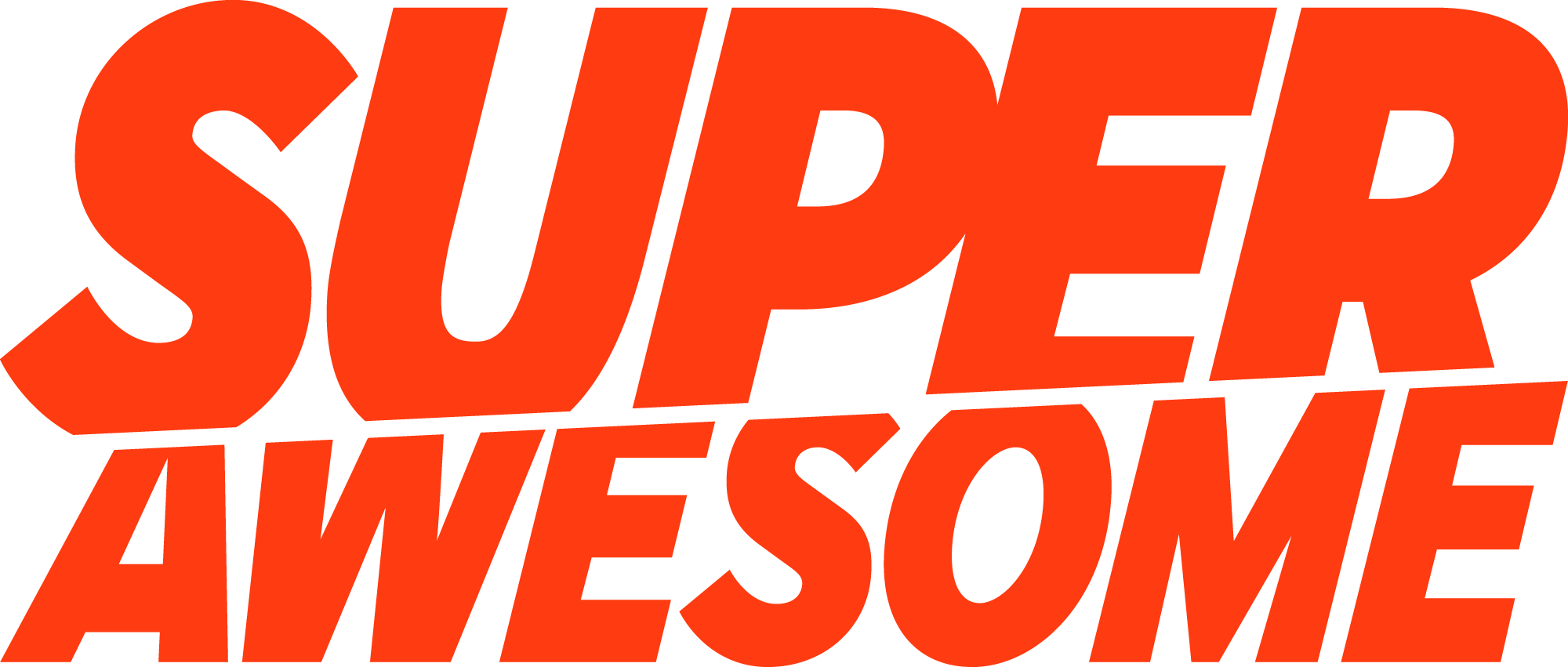I posted earlier about my functional CTO story, detailing how my role of CTO evolved over time which can be found here. It’s one challenge to be CTO in a ‘normal’ startup and quite a separate challenge to also be at the forefront of a new category. Read More
Kids Web Services (KWS) enables developers to create, build, and manage COPPA/GDPR-K compliant apps and sites aimed at under-13s. As part of operating the KWS SaaS platform within SuperAwesome, we frequently create new databases for our customers, as well as managing several large Postgres databases on RDS.
Data security is a fundamental success criterion in kidtech; and ensuring that data is safely isolated in different databases, properly encrypted, and accessible only by the authorised services with their respective encryption keys is just the start of the journey. Read More
Under GDPR-K and COPPA you are responsible for any data collection that happens on your site, or by your brand, even if by a third party. These are the questions you should be asking all of your agency partners (e.g. any party that plans your kid-focused campaigns or implements your… Read More
YouTube is a challenge for brands. On one hand, despite the fact that YouTube is an over-13 platform, it is one of the best places to reach under-13 audiences at scale. The vast subscriber bases of channels such as Sis VS Bro and Ryan ToysReview have sparked an increase in the number of kid-focused channels on the platform, and sponsored collaborations are beneficial to both the influencers and the brands. Read More
The recent enforcement action against Oath’s ad exchange (formerly known as AOL) for breaching COPPA has put a spotlight on programmatic advertising to children. The case highlighted some important issues including the fact that using the ‘COPPA flag’ does not work. In fact, the only guaranteed way for… Read More
The FTC dramatically upped the ante on COPPA enforcement this week with a record-setting fine of $5.7m against the app formerly known as Musical.ly (now TikTok). The settlement says TikTok breached COPPA by knowingly collecting personal information from children without first obtaining parental consent, as required by the law. Read More
PopJam is our COPPA and GDPR-K compliant, safe-social content platform built specifically for kids. It’s used by hundreds of brands, content-owners and YouTubers to interact directly with under-13s as an alternative to platforms like Facebook, Instagram and Snapchat (which aren’t designed for kids). Read More
At SuperAwesome, we build technology that makes the internet safer for kids. Every month, we handle requests from hundreds of millions of kids located all around the world. These kids use their devices moderately in the morning, a little bit during the day, and a lot in the evening. As a result, we had to build highly scalable systems that would respond automatically to that demand.
This post explains how horizontal auto-scaling can be achieved using the tools offered by Kubernetes and its ecosystem (and won’t cover other kinds of auto-scalers like the Vertical Pod Autoscaler). Read More
Last week I talked about our financials in an interview with Dean Takahashi at Venturebeat. In 2018 SuperAwesome hit a revenue run-rate of $64m. This year we’ll take that same measure to almost $100m. Every month our various kidtech products are powering safe, private digital engagements for over 500m kids as they play games, watch videos and engage with their communities online. Read More
Apps and games that need to collect personally identifiable information (PII) from kids require the parents to give their consent. Given the sensitive nature of this information, we take extra measures to make sure that the parent of the child is really the one giving the consent. Under COPPA and GDPR-K, one of the ways to do so is by performing a credit card transaction for a small charge ($1).
Here are some of the interesting things we’ve learned while iterating on our parental consent flows: Read More
